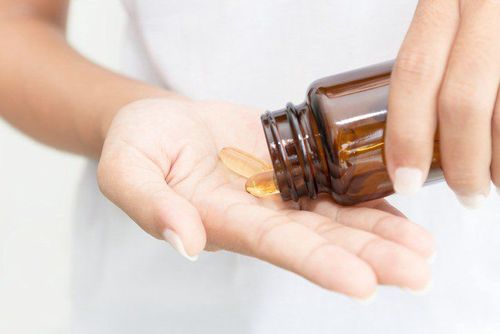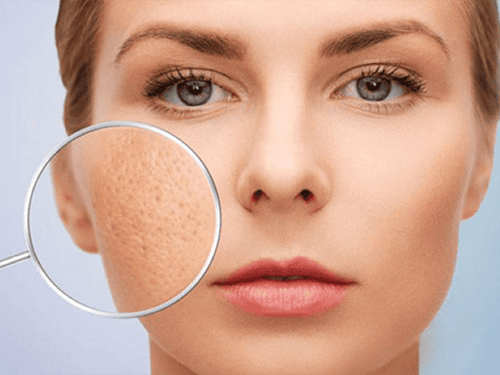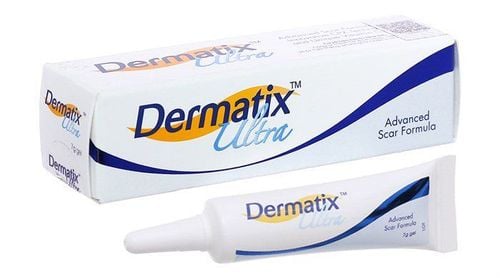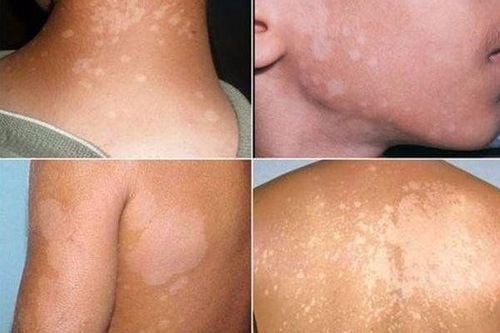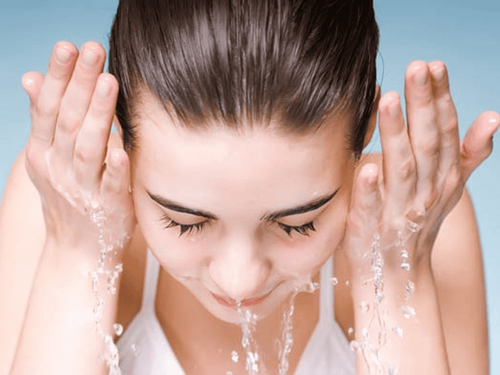This is an automatically translated article.
Vitamin E is believed by many people to be able to apply and treat acne scars or any other type of scar. However, in reality, there are very few evaluation studies that prove this to be effective.
1. Can I use vitamin e to treat scars?
Many people believe that using vitamin E topically can help treat scars on the skin, however it has been found that applying vitamin E before scar tissue forms can reduce scar formation. However, there is no concrete evidence that using vitamin E to treat scars that have formed on the skin is effective. In addition, the excessive use of vitamin E on the skin can also cause skin inflammation, allergies, and the effectiveness of scar reduction when applying vitamin E oil is not really clear, depending on the location. Using vitamin E when having acne has not shown any real effect, but applying vitamin E to the skin can also make the skin sticky, which can make acne not improve but sometimes even increase.
Therefore, before using topical products on the skin to treat scars or acne, it is necessary to consider its effectiveness and potential risks. Vitamin E is another essential nutrient for the body. You can use foods rich in vitamin E to help restore skin, effective for people with severely damaged skin and also help prevent some diseases. Because vitamin E is an antioxidant, it protects the body's tissues from free radicals, free radicals that can damage cells and accelerate the aging process. Vitamin E is also important for the formation of red blood cells, which distribute oxygen throughout the body.
It is best to get the necessary amount of vitamin E from food. It is found in the following foods: Nuts, green vegetables, sprouted seeds...
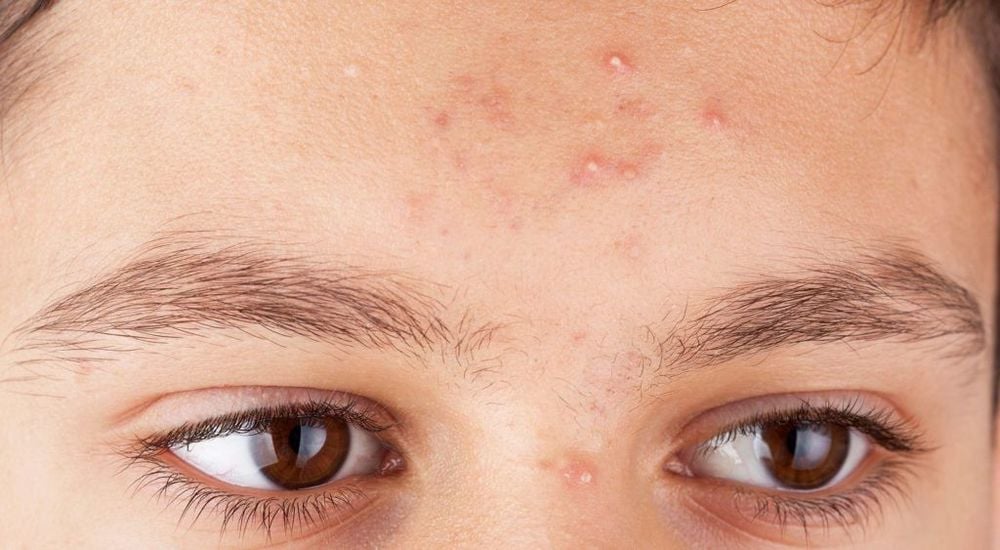
Dùng vitamin e bôi trực tiếp lên da có làm tăng tình trạng mụn
2. What methods can you use to treat scars?
When you have deep wounds in the dermis, after the skin heals it can eventually turn into a scar. In particular, the formation of scars on the face can make you self-deprecating, affecting your psychology. Scars on the face come in many forms and can be caused by many things such as trauma, acne, burns, or surgery. Because the facial skin is more often exposed to the outside environment, the scars on this part are more difficult to heal. Some of the methods you can use to treat scars include:
Home remedies for scars: Home remedies are considered to be the most affordable and least invasive way to treat scars on the face. . Some options can be used such as: Mineral oil, bleaching tools, honey... Advantages: Simple, usually low cost, can be purchased easily.
Cons: Scar treatment effect is not high, there is a risk of skin irritation.
Abrasion: Abrasion is one of the most popular and effective methods for scar treatment, especially facial scarring. Dermatologists will use an instrument to slough off your dead skin Pros: Most see results with at least 50% less scarring
Cons: Can be painful, not the best choice for people with sensitive skin and immune disorders. May cause some complications such as infection, darkening, redness and swelling, uneven skin tone.
Chemical Exfoliation: Chemical exfoliants contain mildly acidic substances that are applied in a single layer over the skin, so that the top layer of dead skin is removed. There are three types of chemical peels including: Deep peel is the most commonly used for scarring because it penetrates deeper into the skin; The outer shell causes less change on the scar, as it has a milder effect; Medium peel is also sometimes used to treat scars, but is most commonly used to combat skin aging. Advantages: Widely sold, easy to buy, can treat other skin problems besides scars, making skin smoother and younger.
Cons: Chemical peels make the skin more sensitive to the sun, skin irritation if sensitive skin, aggravation of diseases such as psoriasis, not for pregnant and lactating women, Dark-skinned people are less likely to see the effectiveness of this method.
Laser resurfacing: A method that has the same goal as chemical peels and dermabrasion in which the top layer of skin is removed. It laser skin resurfacing uses a high-powered laser beam to remove the skin. Advantages: Laser resurfacing has a faster time to show damage (3 to 10 days) than other treatments.
Cons: Not a good option for people who still have acne, less effective for people with darker skin, can cause infections, change skin pigmentation and can even cause scarring.
Plastic Surgery Methods: Plastic surgery is another treatment option. This method is more invasive, removing scar tissue by cutting it out or changing it with a scalpel. It depends on how you want to target and the condition of the scar. To be carried out, you need to have a specific examination process by a dermatologist. Pros: Plastic surgery often has better results than other treatments.
Cons: High cost, more complicated procedure and also a higher risk of infection and scarring.

Điều trị sẹo bằng phương pháp tái tạo bề mặt bằng laser
3.Scar prevention method
Preventing scars is the best thing for us to limit the appearance of scars. Some measures can be used such as:
If injured, prevent infection, apply moisturizer to reduce scar formation. Sunscreen can help minimize the appearance of scars once the wound has healed. Sunscreen should be applied to the face every day, you can prevent scars from turning color due to sun exposure. In some cases, applying sunscreen can even help the scar fade. It is recommended to use sunscreen with an SPF of at least 30. Thus, in fact, there are many methods to treat scars, but whether using vitamin e to treat scars is effective, there is no specific evaluation. But using vitamin E can also make your skin prone to inflammation and irritation if your skin is sensitive. So consider when using to treat scars.
Please dial HOTLINE for more information or register for an appointment HERE. Download MyVinmec app to make appointments faster and to manage your bookings easily.
Reference source: healthline.com




